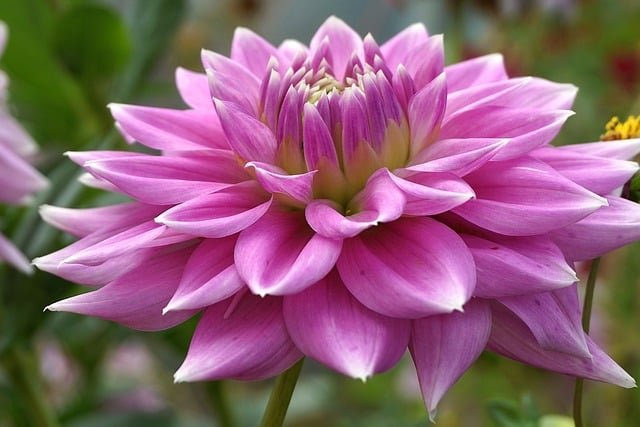Choosing the right wine cooler is essential for any enthusiast seeking to preserve their collection’s integrity. This guide delves into the critical factors of temperature stability and humidity control, explaining their direct impact on wine’s aging process and ultimate taste profile. Understanding these elements is the first step to perfect preservation.
The Critical Role of Temperature Stability
Consistent temperature is the single most important factor in wine storage. Fluctuations cause the liquid to expand and contract, which can push the cork out slightly, allowing oxygen to seep in and prematurely age the wine. This oxidation leads to a loss of aroma, flavor, and complexity. Experts, including those from the University of California, Davis Department of Viticulture and Enology, have long advocated for a constant temperature between 45°F and 65°F (7°C and 18°C), with 55°F (13°C) often cited as ideal for long-term aging.
A study published in the Journal of Agricultural and Food Chemistry highlighted that wines stored at unstable temperatures developed off-aromas and lost their vibrant fruit characteristics much faster than those kept at a steady chill. Investing in a reliable wine cooler is not a luxury but a necessity for anyone serious about their collection, as it provides this precise and unwavering environment.
Humidity and Its Impact on Preservation
While often overlooked, humidity plays a supporting yet vital role. The goal is to maintain a relative humidity level of around 50-70%. This range keeps the natural cork from drying out and shrinking. A dry cork becomes brittle and fails to form an airtight seal, again permitting oxygen to enter the bottle and spoil the wine. Conversely, excessive humidity can promote mold growth on labels and capsules, which, while not directly harming the wine, can damage its presentation and resale value.
Modern wine storage units are engineered to manage this balance. Many premium models feature built-in humidity controls or are designed to naturally maintain levels within the optimal range by containing the moisture that evaporates from the wines themselves. For collectors, choosing a wine cooler that addresses both temperature and humidity is the definitive strategy for ensuring every bottle reaches its full potential.
Ultimately, proper wine storage hinges on mastering temperature and humidity. A stable, cool environment prevents oxidation and preserves delicate flavors, while adequate humidity keeps corks intact. By investing in a quality cooling unit that controls these elements, you actively protect your collection, ensuring each bottle ages gracefully and delivers the perfect tasting experience for years to come.
